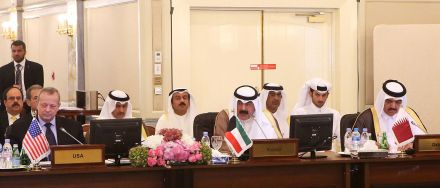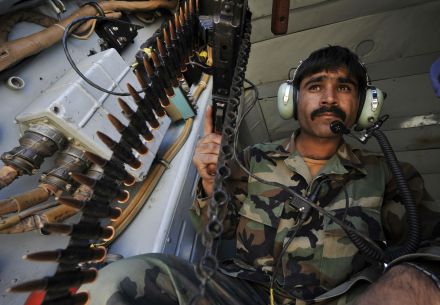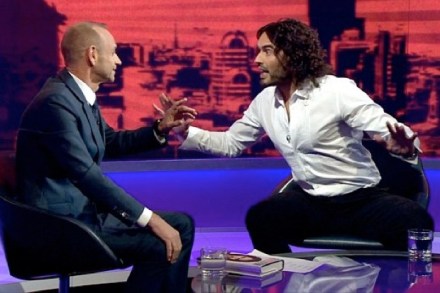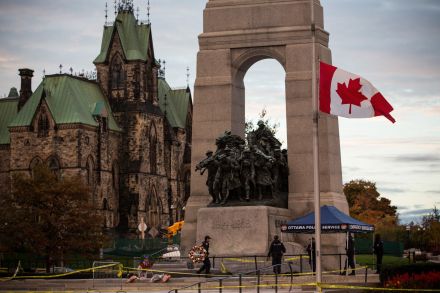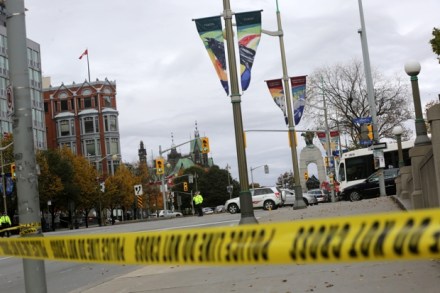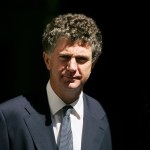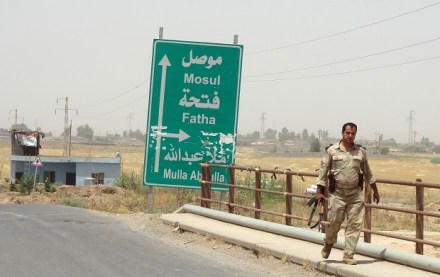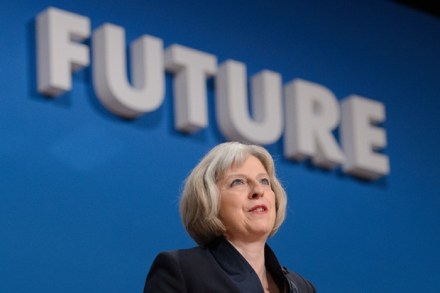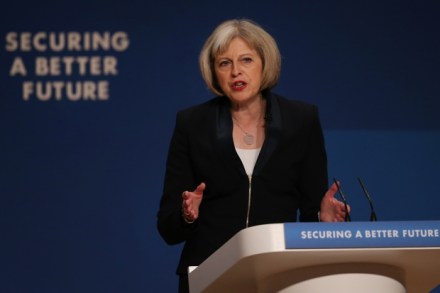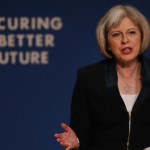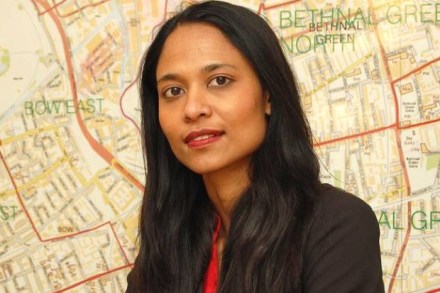The US won’t beat Isis alone; Qatar and other Gulf allies must help in Iraq
Revelations keep pouring in about the uneasy relationship between Western aid givers and ISIS operators: from bribes given by humanitarian convoys to secure access in war-torn Syria, to food and medical equipment appropriated by Islamists and used to provide basic services to the population under its control. Moreover, USAID personnel working in the area have to be vetted by ISIS: “There is always at least one ISIS person on the payroll; they force people on us” one aid worker told the Daily Beast earlier this month. This is just the start. As the Islamic State makes inroads into Iraqi and Syrian territory, it’s becoming increasingly clear that American promises to
